Shuhei Aoyama: A Japanese Architect First Being Known in a Chinese TV Show
Shuhei Aoyama: The vegetable market is a refrigerator, the coffee shop is a studio, and the whole city is turned into a "home".
Shuhei Aoyama, a Japanese architect who has lived in Beijing Hutong for more than ten years.
In 2015, He has become popular because of a successful transformation of a 35m² warren in a Chinese tv show named "Dream House".
Recently, Jjgle.com had the opportunity to interview Shuhei Aoyama who has unique insights into architecture, design and life.
He shared with us the understanding of “home” and “city”, the idea of turning the entire “city” into “home”, and the design of the future shared furniture.
Architect Shuhei Aoyama
In 2015, after becoming popular in the tv show "Dream House", he became a superstar among the Chinese fans due to his excellent design and his good apparence.
Whether it is a smart Beijing Hutong where is living 3 generation 5 families or the celebrity old house occupying thousands of flats, he can combine people and nature well and return to the most authentic life.
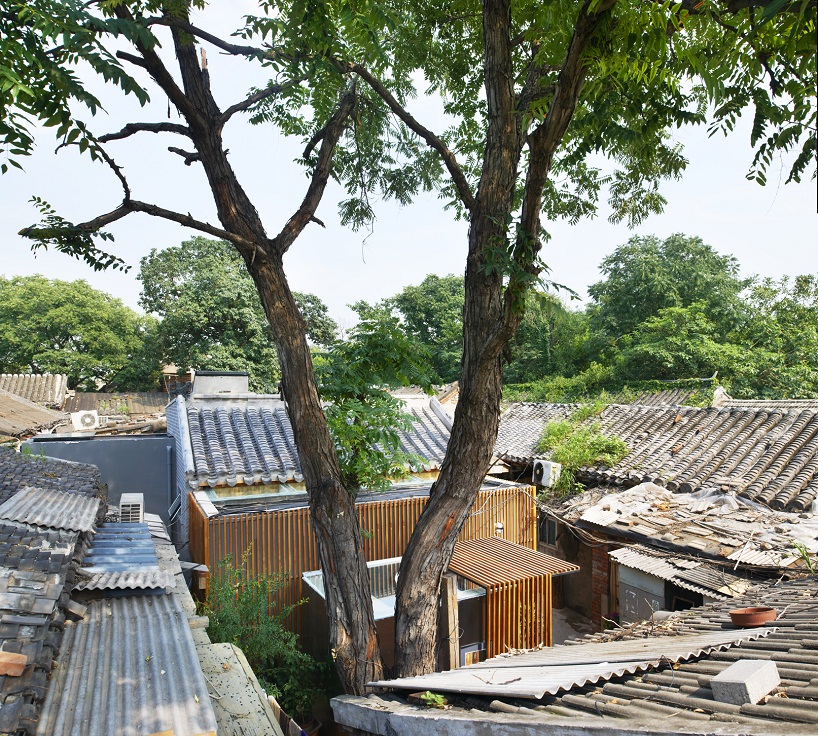
Atransformed house in the tv show " Dream House"
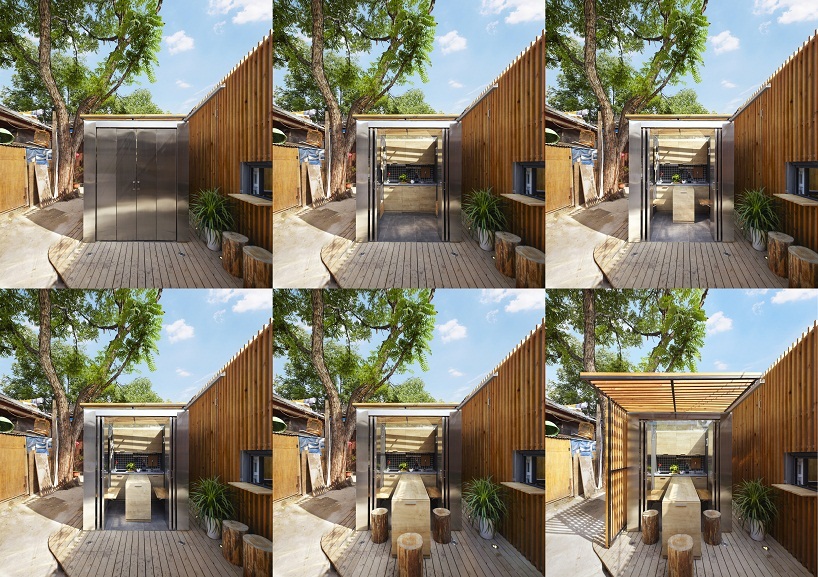
Atransformed house in the tv show " Dream House"
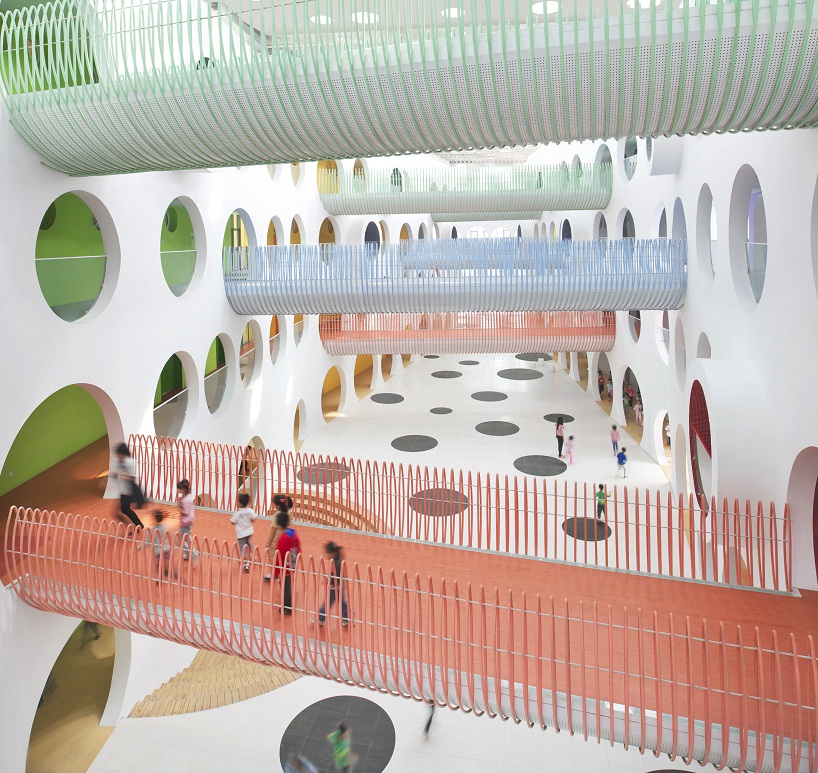
Tianjin Tanggu Primary School after renovation by Shuhei Aoyama
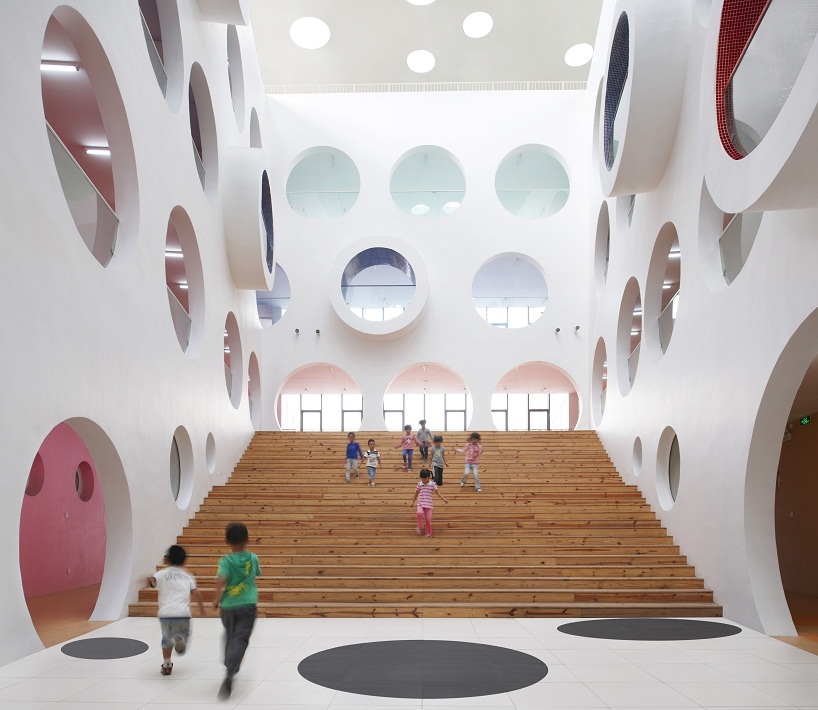
Tianjin Tanggu Primary School after renovation by Shuhei Aoyama
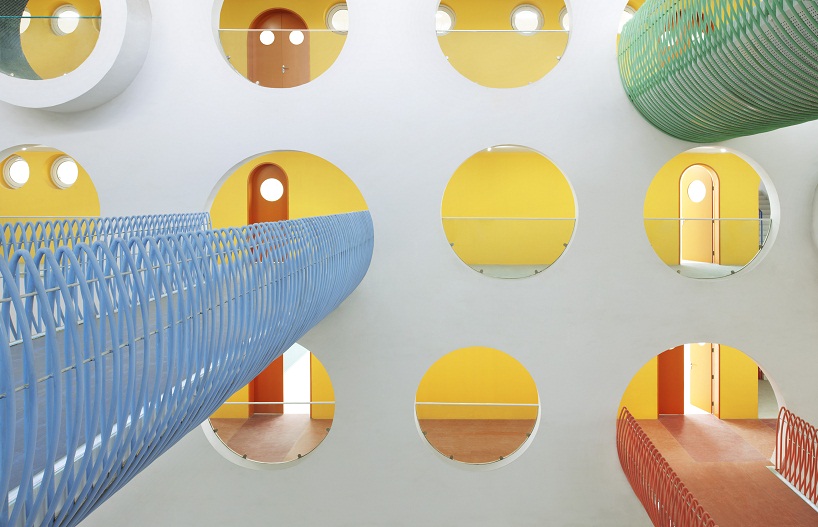
Tianjin Tanggu Primary School after renovation by Shuhei Aoyama
Dialogue with Shuhei Aoyama
Q: Since the beginning of 2015, I have seen that you have been sparing no effort to promote “shared lifestyle” and guide the return from “I” to “we”. In the past three years, have you had some more satisfactory cases of landing this concept?
A: The concept of sharing is actually what I thought of in the past few years by various things or projects. On the one hand, the current house area is getting smaller and smaller, and people's life structure has gradually changed from “family” to “individual”. These two changes have given me a lot of thinking; on the other hand, my current home is in the alley. In the meantime, everyone may think that the Hutong and the courtyard are getting old, declining, and the living environment is not very good, but I feel that living here has given me a lot of inspiration and inspiration. So I agree and advocate the concept of sharing.
A recently completed Suzhou Qing Dynasty old house also introduced the concept of sharing. The yard is about 3,200 square meters, we transform it into 15 separate spaces with its own courtyard, and the rest are designed as public spaces such as living room, kitchen, bar, gallery, barbershop. We hope that in these public spaces, everyone has exchanges, sharing, and returning to the natural state between people. This is the meaning of sharing.
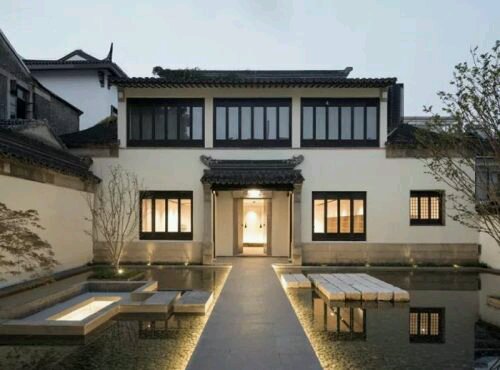
Suzhou Apartment, originally belongs to the famous architect Bei Yuming
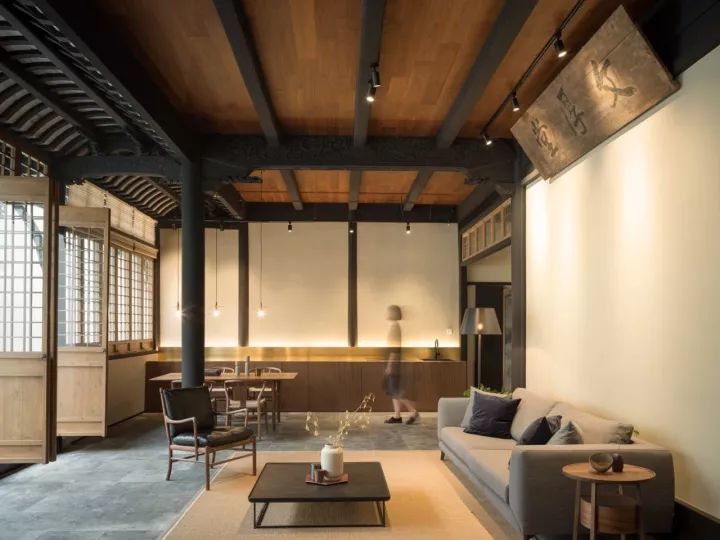
Sharing Kitchen
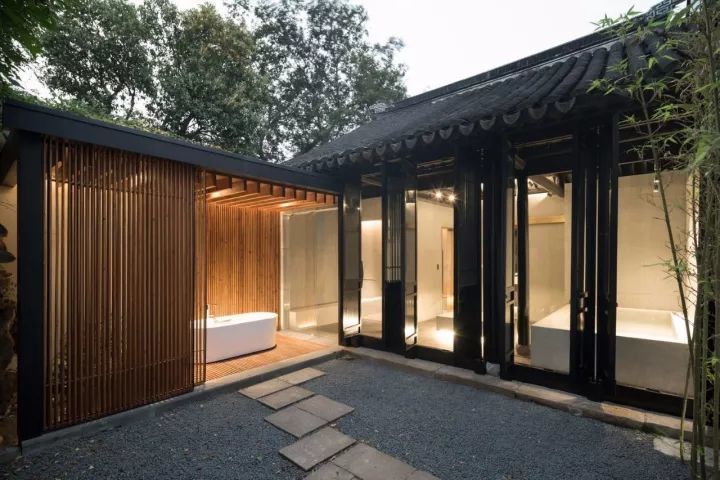
Q: What do you think of the current recognition and acceptance of the concept of "shared space" by Chinese people?
A: The Chinese have a very high acceptance of new things, such as sharing bicycles and dripping taxis. Now that our housing area is getting smaller and smaller, our living radius is getting bigger and bigger. Our home is just a small part of life. You may spend more and more time in the office, cafe, gym. Design is the need to integrate this concept, such as the restaurant is my refrigerator, the cafe is the studio, the whole city can become "home."
Q: What kind of furniture design concept do you advocate when you start to get involved in furniture design?
A: What we are doing now is a storage series. I don't want to do very luxurious, expensive, art-like design, but something that is moderately priced to meet the level of mass consumption, because it can directly affect the lives of ordinary people, urban life, which is why I originally built architecture.
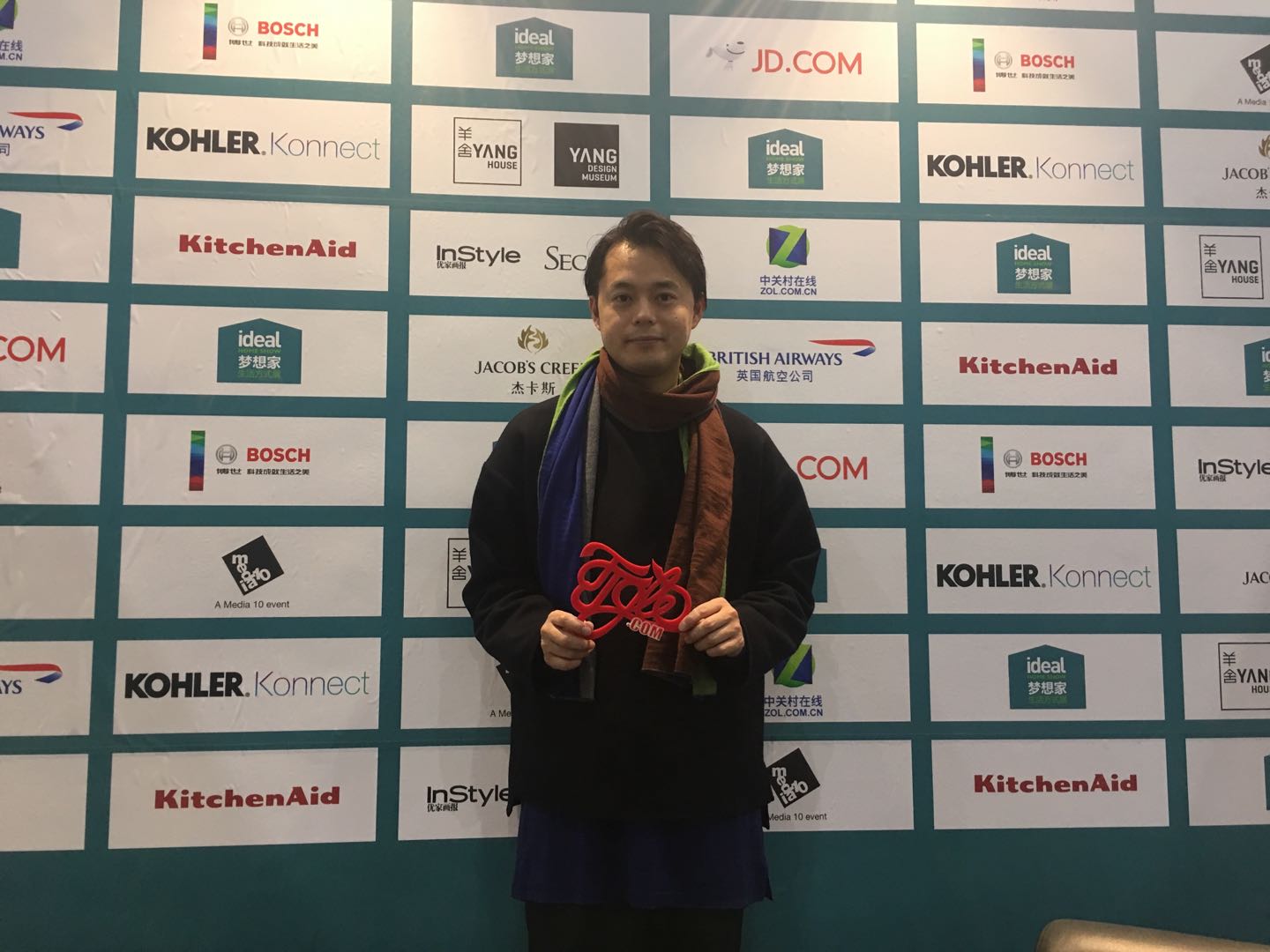
Shuhei Aoyama with JJGLE.COM
(Source: JJGLE.COM)
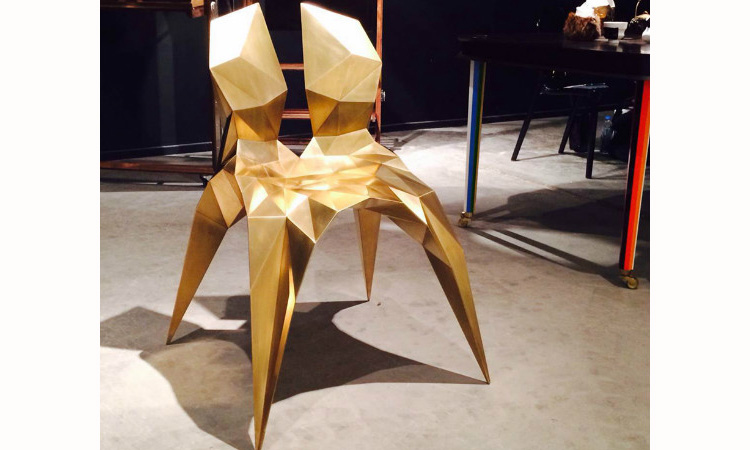
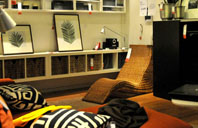


 沪公网安备31010402003309号
沪公网安备31010402003309号



